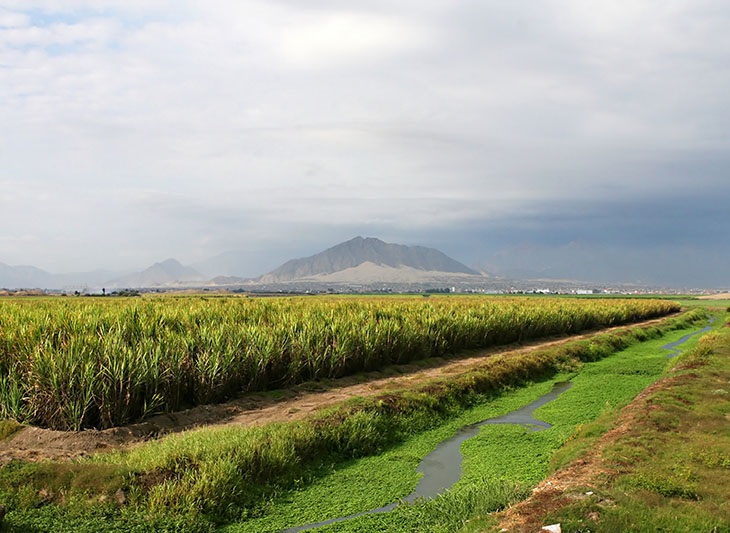Next Generation Scientists Cultivate Food Security Revolution

The innovations of 12 young scientists from across the Asia-Pacific are sowing the seeds for a new era of agricultural sustainability vital to ensuring food security in the world’s most populous region as demand and climate change threats rise.
From the development of advanced detection technologies that boost food safety, to irrigation and hydropower improvements that protect fisheries production, their breakthroughs are revolutionizing the industry. These have grabbed the attention of the region’s scientific community which has named them finalists for the 2016 APEC Science Prize for Innovation, Research and Education.
The announcement reflects this year’s theme of the award which is also known as the ASPIRE Prize: “Technologies for Food Security.” The focus is on the cross-border development of technologies that address emerging challenges to food security for the region’s 3 billion people and foster more healthy, resilient and productive economies.
Click here to meet the 2016 ASPIRE Prize finalists.
“There are a wide host of factors that affect food security and this urges us to identify causes and look for innovative and evolving technologies that can help communities secure food sources,” said Gisella Orjeda, President of Peru’s National Council for Science, Technology and Technological Innovation. “We are excited to see how young scientists in the APEC region are sharing ideas and knowledge across borders to better adopt and implement technologies that enhance food security.”
“Mitigating the effects of global hunger is a prioritized issue in the APEC agenda,” added Chen Linhao, Chair of the APEC Policy Partnership for Science, Technology and Innovation, the forum which administers the ASPIRE Prize. “Young scientists in the region are answering the call through collaboration which is vital to advancing future discoveries that help drive our economies.”
The world’s population is expected to rise about 30 per cent to 9.6 billion by 2050, increasing demand for food. This includes a greater appetite for protein, particularly in the Asia-Pacific as poverty here continues to fall and middle class consumption grows. Yet urbanization is reducing agricultural land per capita and climate change is threatening yields and future food supplies.
The 12 ASPIRE finalists, each under 40 years of age and from an APEC member economy, were nominated for their innovative food security solutions realized via collaboration with experts in other APEC economies. These also include genetics research that enhances plant breeding and the development of new vaccines against viral diseases and rapid outbreak detection, among others.
The winner will be honored by science and technology officials and industry representatives when they convene in Lima in August to strengthen innovation policies in the region. The winner will also receive USD 25,000 in prize money sponsored by Wiley and Elsevier, publishers of scholarly scientific knowledge.
"ASPIRE is dedicated to recognizing outstanding young scientists from APEC economies who demonstrate a commitment to research excellence, international scholarly collaboration and sustainable development,” said Youngsuk “Y.S.” Chi, Chairman of Elsevier. “Encouraging and supporting young scientists is a critical component of our efforts to address global social challenges like food security and poverty.”
“These 12 young scientists inspire us with their commitment to solve food security challenges through innovation,” concluded Mark Allin, President and CEO, Wiley. “Wiley is honored to sponsor ASPIRE and to celebrate how working across borders can help us overcome major problems facing the region and the world.”
For more information on the 2016 ASPIRE Prize, please click here.
# # #
For additional information, or to arrange possible media interviews, please contact:
David Hendrickson +65 9137 3886 at [email protected]
Michael Chapnick +65 9647 4847 at [email protected]
More on APEC meetings, events, projects and publications can be found on www.apec.org. You can also follow APEC on Twitter and join us on Facebook and LinkedIn.

